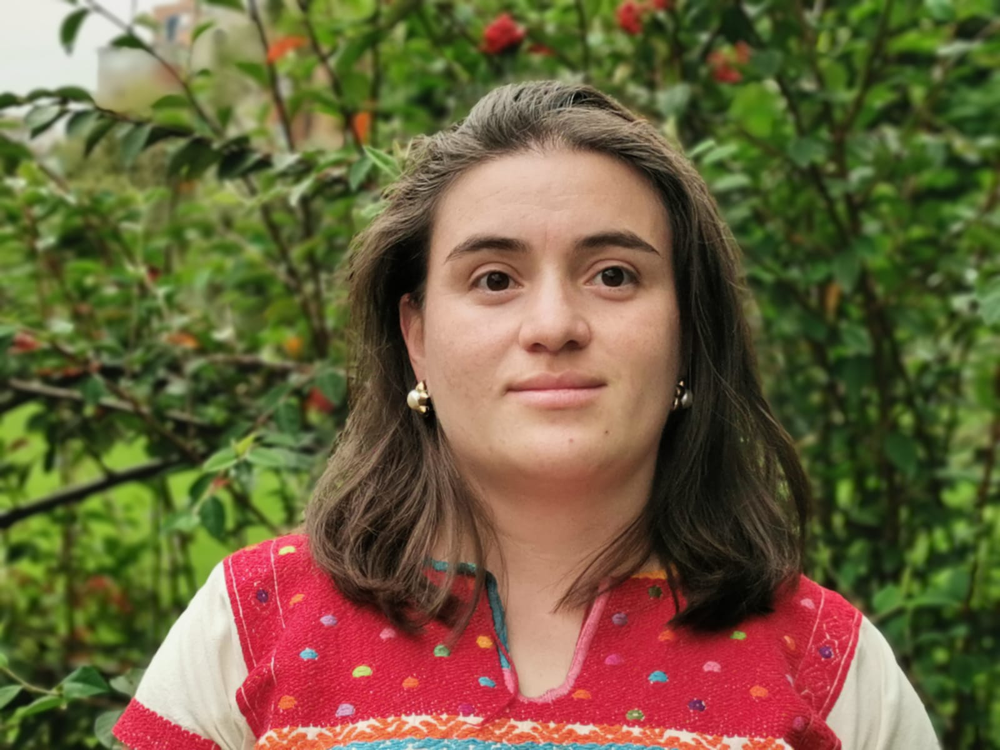Posted: October 30, 2022
Dr. Veronica Roman-Reyna will join Penn State’s Department of Plant Pathology and Environmental Microbiology (PPEM) as a professor of Global Change Pathology on July 1, 2023.

Dr. Veronica Roman-Reyna joining PPEM.
Dr. Veronica Roman-Reyna will join Penn State’s Department of Plant Pathology and Environmental Microbiology (PPEM) on July 1, 2023. Roman-Reyna is currently a Research Scientist in the department of plant pathology at The Ohio State University where she also did postdoctoral research. Her research focuses on understanding, at multiple scales, how plant pathogens (fungi, viruses, and bacteria), colonize and adapt to crops through basic and applied approaches. Her aim is to generate knowledge about the microbes and plant interactions in crop ecosystems, which ultimately will provide new and accurate information that allows for fast detection, surveillance, and control of current and emergent diseases.
A native of Colombia, Roman-Reyna received her bachelor’s degree in biology and master’s degree in microbiology from Universidad Nacional de Colombia (Bogota, Colombia) and received her doctorate in plant pathology from Australian National University (Canberra, Australia). Dr. Roman-Reyna conducted postdoctoral research at the International Rice Research Institute (Los Baños, Philippines). She developed her pedagogical skills as an instructor in Microbiology and Molecular Biology in Colombia and Australia. She has broadened her skills by organizing and instructing multiple national and international workshops on genomics, genomics in diagnostics, and Metagenomics and Microbial Sequencing for Diagnostics. Roman-Reyna has experience on three continents mentoring students and will be recruiting students to join her lab for Fall 2023.
Roman-Reyna will join PPEM as an Assistant Professor of Global Change Pathology and will lead our department’s strategic goal to Develop next-generation approaches to Plant Health in the context of Climate Change. Specifically, Roman-Reyna aims to continue to translate modern technologies at Penn State to understand the adaptation of plant diseases in the context of changing environments. She will integrate -omics tools (high-throughput assays to measure all molecules of the same type in a biological sample) in her research program to understand, at different genomic and metabolomic scales, the pathogen changes associated with the host and environment adaptation.

